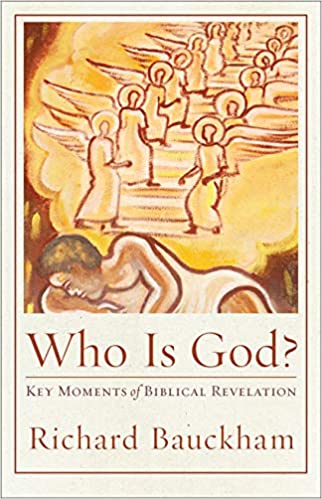BEN: I agree with you that it is very important to note how the discussion of the relationship between God and the patriarchs is one thing, and God with Moses and the Hebrews is another. The language of holiness does not really come up in Genesis. Furthermore, as you rightly stress, the character description of God as forgiving etc. doesn’t come up in any viable way before Exod. 34. And at the same time that very statement about God’s moral character reminds that God’s mercy and forgiveness does not rule out God judging his people from time to time, or perhaps what is meant is that sin has moral consequences for several generations but God is always forgiving? Help us to better understand the complex character description of God in Exod. 34. Is God’s saying ‘I will be gracious to whom I am gracious’ in some way later corrected by ‘God so loved the world of humanity’ where there doesn’t seem to be the same self-limiting restrictions of who gets grace and forgiveness?
RICHARD: This is the most difficult question you ask. Even in the NT there is judgment on God’s people (Ananias and Sapphira). I think that what the character description does make clear is that, while judgment is never “off the table” as politicians say, God’s love greatly exceeds his wrath (1000 compared with 3 or 4). I like to think that God’s anger with his people is not the opposite of his love but an aspect of it. It means that God cares very much about his people and passionately wants them to be living in the right way. In Hosea we see how God is in anguish over having to punish. God in the OT is very passionate.












